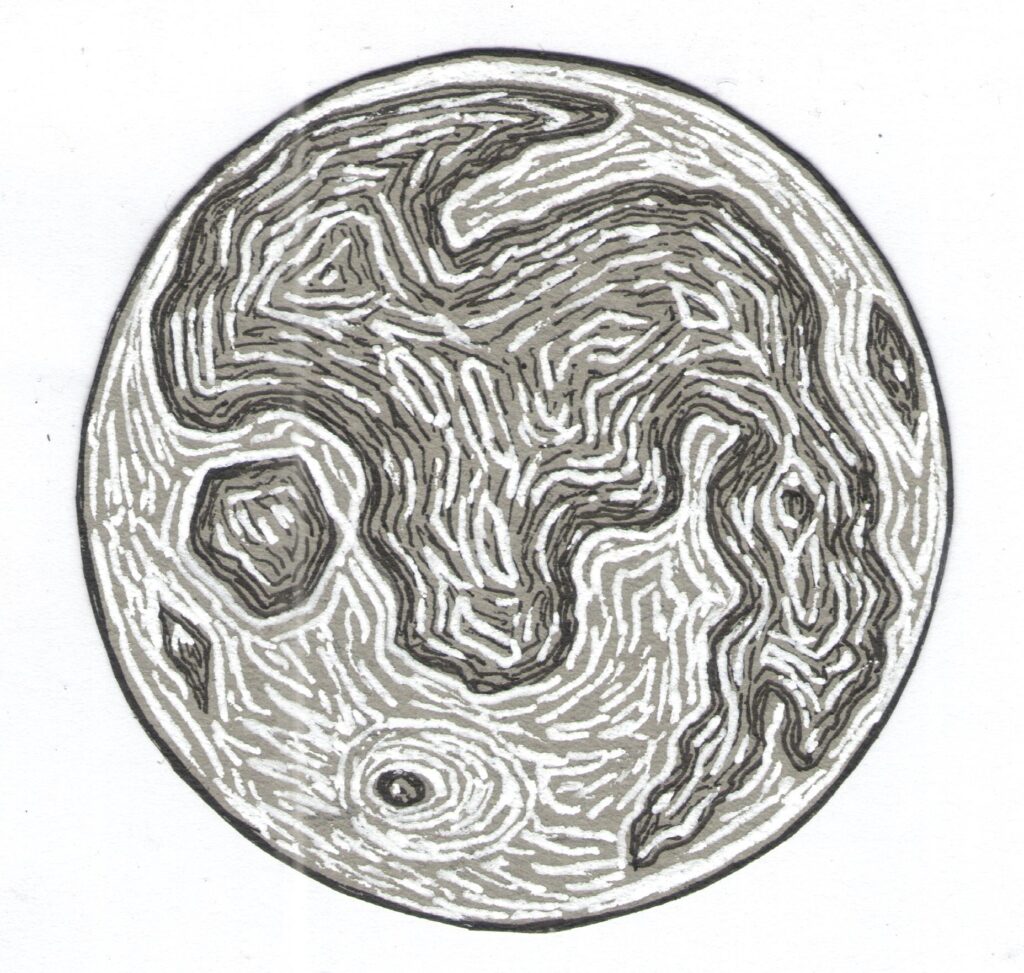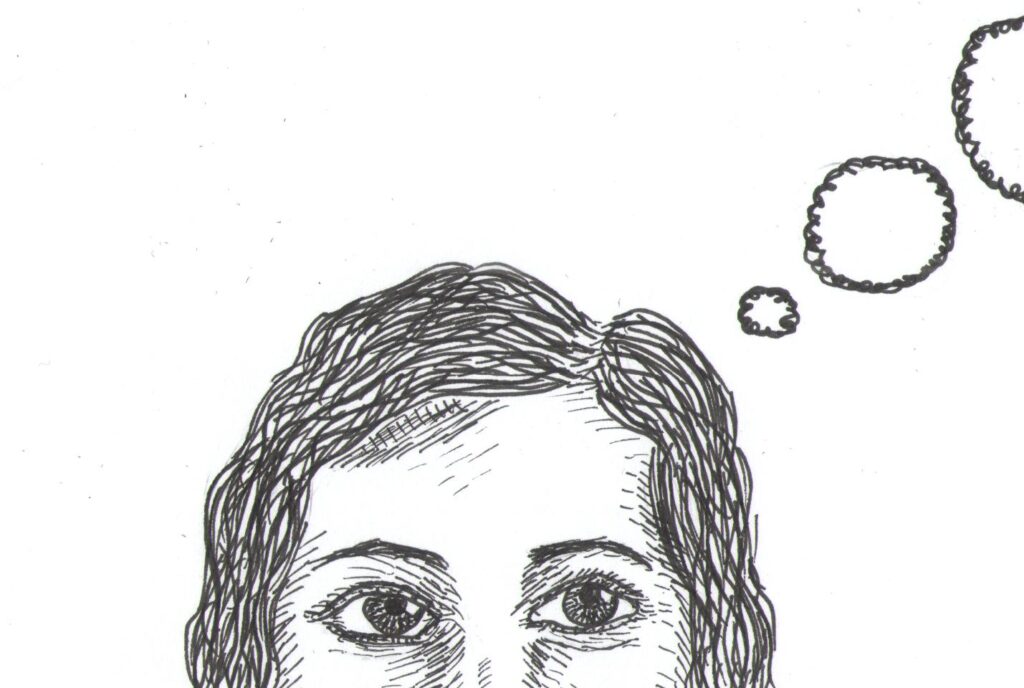
We are not yet at a point in human evolution where many people have integrated their traumas. If you’ve ever wondered why many are emotionally immature, it’s because of this. People who have gone through the difficult effort of dealing with their stormy emotions are few and far between. I am still on this journey. And it’s not easy. But I believe it to be necessary if we want things to get better.
Many people look down on this effort of emotional integration. They still have the view that emotions are to be ignored. They believe that if you ignore trauma for long enough it might go away. This is unfortunately not the case.
On the other hand, you might have a desperate few who come to this work when things go south. Divorce. Death. Something difficult. Trauma work is difficult work, and so when the pain of staying the same outweighs the pain of change, most are willing to consider a different approach. But the cost of rock bottom is severe. I don’t recommend waiting until that point.
Continue reading “Inner Work 5 | Trauma and Consistency”


